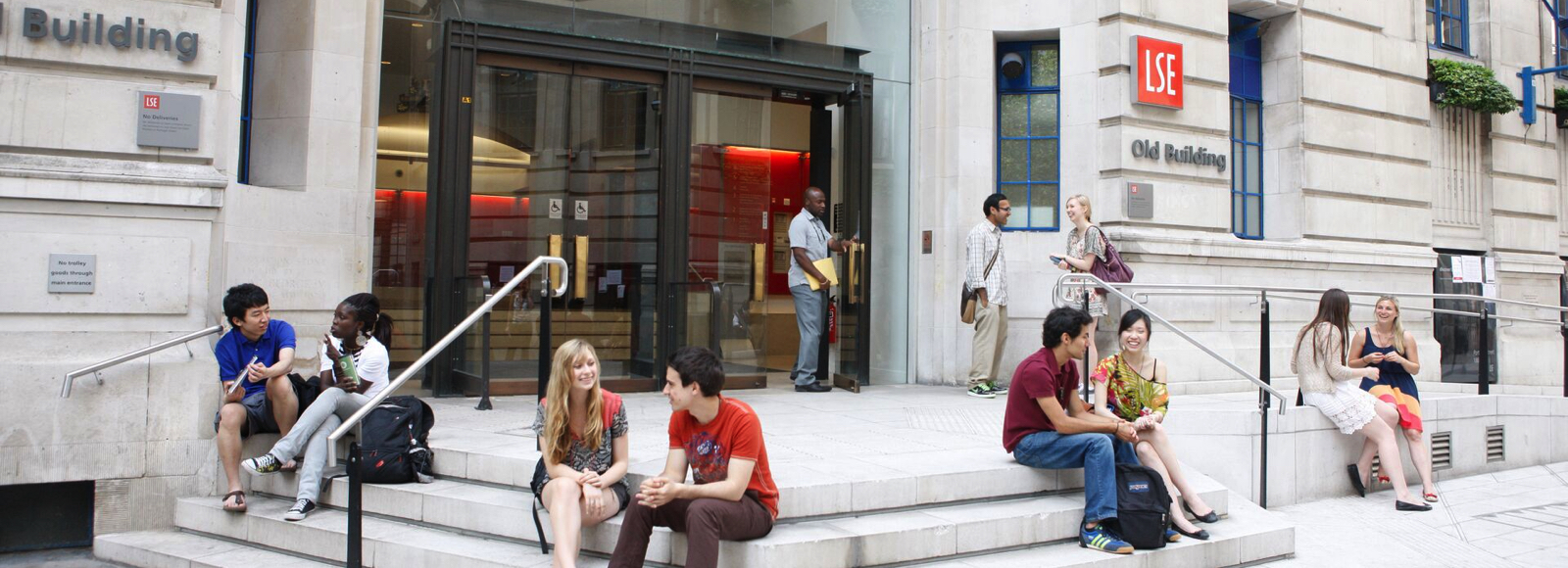- ...
Postgraduate Studentships - Search for funding opportunities.
The MSc Gender, Policy and Inequalities provides advanced study in the application of gender theory to social policy, planning and practice, with an interdisciplinary approach.
It aims to give you a grounded understanding of the concepts and theories relevant to a gender analysis of social policy in a global and comparative context, with an emphasis on the issues facing either less economically developed or European countries. The teaching focuses on stimulating independent thought on gender and gender inequalities.
You will take compulsory courses in gender, some of which focus specifically on gender and policy, or gender and development, and will choose from a range of optional courses across the Department and the School. Finally, you will produce a 10,000-word dissertation.
Upper second class honours (2:1) degree or equivalent in social science or relevant discipline.
Competition for places at the School is high. This means that even if you meet our minimum entry requirement, this does not guarantee you an offer of admission.
For fees and funding options please visit website to find out more
The School recognises that the cost of living in London may be higher than in your home town or country, and we provide generous scholarships each year to graduate students from the UK, EU and overseas.
This programme is eligible for needs-based awards from LSE, including the Graduate Support Scheme, Master’s Awards, and Anniversary Scholarships.
The interdisciplinary nature of gender studies means that graduates are equipped with a broad range of knowledge and skills that can be applied in a variety of professional and academic settings. Our graduates are equipped with critical and analytic skills that are highly valued by a number of employers, including: government departments, international institutions (including the EU and World Bank), the media and publishing, charities, non-governmental organisations (NGOs), private consultancy firms, education and research. Many of our graduates continue to study for PhDs and go on to work in academia.
Please visit website for module details

LSE is stimulating, cosmopolitan and very much part of the “real world”. Why LSE? We offer a unique opportunity to study the social sciences in a uni...